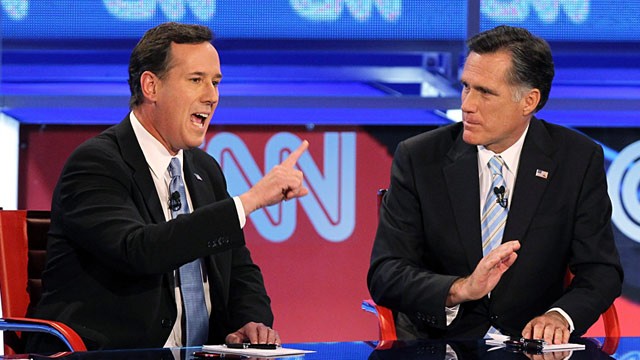Following the mid-term elections
in 2010, Republicans reclaimed the state legislature for the first time in over
100 years. In the previous session, the North
Carolina General Assembly had a Democratic majority in both houses, which it conceded
to Republican lawmakers during the height of the Tea Party movement. On the eve of the election, current N.C.
House Majority Leader Paul Stam told reporters, “[Republicans] are going to govern in a
different way.” And he meant it.
In 2011, the North Carolina
General Assembly was tasked with redistricting, a responsibility bestowed to
the state legislature following each decennial census to respond to population changes
and ensure equal representation. While the new maps may include additional
districts to reflect North Carolina’s growing population, they certainly do not
ensure “equal representation” for women in our state.
The Republican majority’s maps
place many Democratic women representatives in precarious, if not impossible,
districts, leading many to question GOP lawmakers’ motives. For example, of the 22 Democratic women
currently serving in the 120-member N.C. House of Representatives, eight were
double-bunked with other Democratic members and four were placed in
significantly more Republican districts. Women are already grossly underrepresented in the General
Assembly, thus making attacks on Democratic women from the Republican party, both in North Carolina and across the country, harder to ignore.
Is this an instance where a little
gridlock might have served the greater interest (or at least, the interest of
women)? If Republicans did not control
both chambers, would we see similar maps? Had there been split control of the legislature, likely increasing gridlock, I do not think we
would see the same legislative maps that so pointedly target
Democratic women representatives. The GOP asserts that the maps have nothing to do with gender warfare, and this is instead “all
about politics.” I’m not sure what to garner from this defense. Of course it’s political—isn’t it political to root out women from the democratic process?

